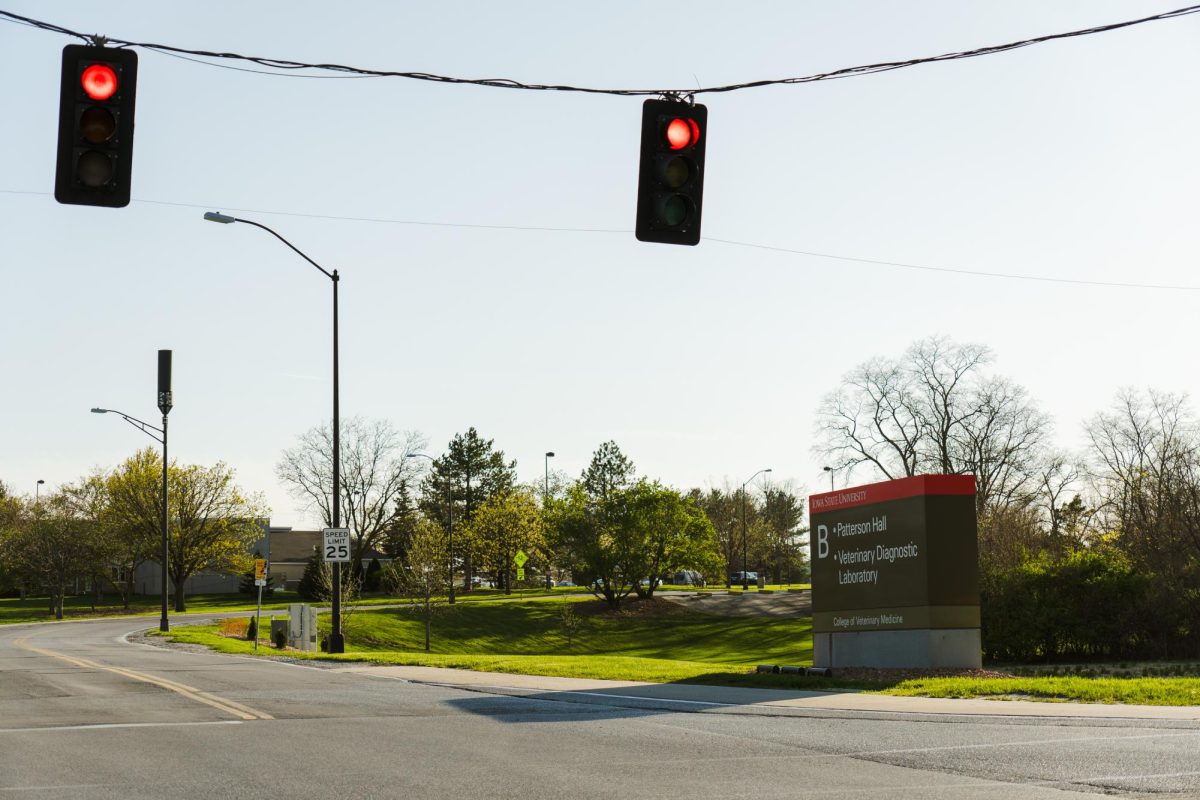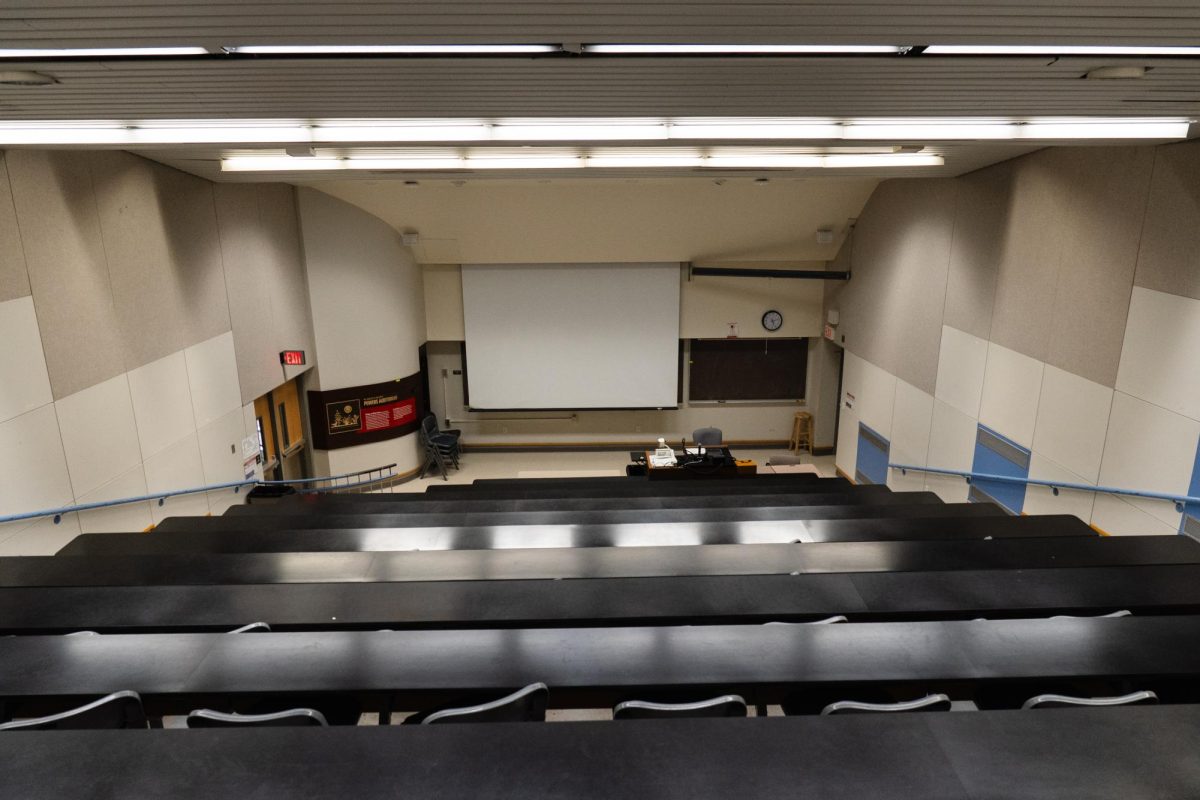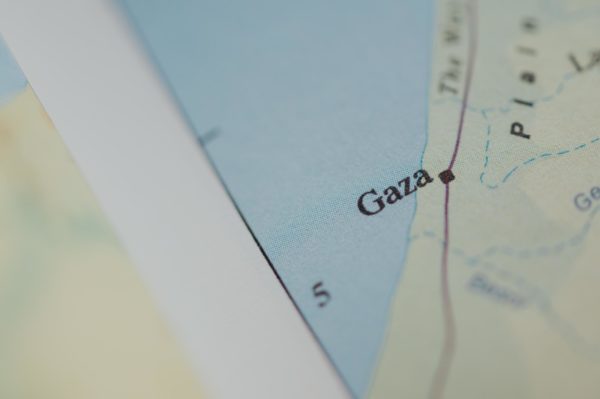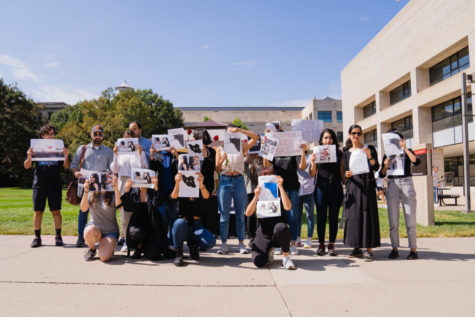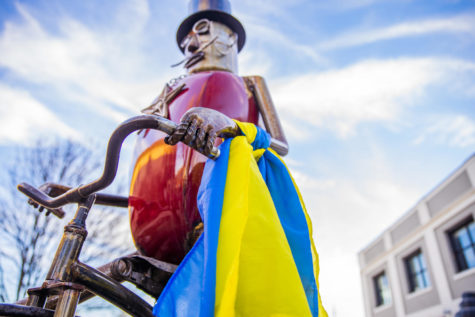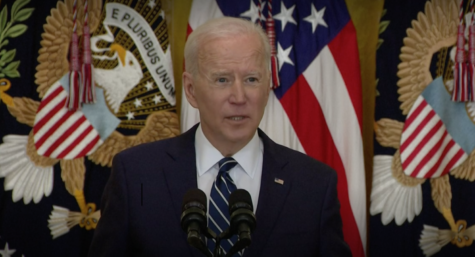Scotland Yard: Cartridge bomb might have exploded over Eastern US
November 10, 2010
LONDON — An explosive device found in a cargo plane in England last month probably would have exploded over the Eastern Seaboard of the United States if it had not been discovered, Scotland Yard said Wednesday.
The device was primed to explode about six hours after it was found, a senior U.S. counterterrorism source told CNN.
“Forensic examination has indicated that if the device had activated it would have been at 10:30 hrs BST on Friday, 29 October 2010,” the Scotland Yard statement said. “If the device had not been removed from the aircraft the activation could have occurred over the eastern seaboard of the U.S.”
Al-Qaida in the Arabian Peninsula, the Yemen-based arm of the al-Qaida terrorist network, claimed responsibility last week for the plot to send explosive devices on cargo planes bound for the United States.
White House spokesman Nick Shapiro said the findings by British authorities “underscore the serious nature of the attempted AQAP attack and the challenge we all face in trying to prevent or disrupt such attacks.”
Shapiro cited “the collective efforts of many dedicated intelligence and law enforcement professionals” in the United Kingdom, the United Arab Emirates, Saudi Arabia and the United States for disrupting the attacks.
“The United States will continue to work closely with these partners and the government of Yemen to address and counter the threat posed by AQAP as well as to provide humanitarian and economic assistance to help shape a stable and secure Yemen,” Shapiro said.
Authorities in the United Arab Emirates and Britain found two explosives-laden packages sent from Yemen on Oct. 29 that were addressed to synagogues in Chicago.
A statement by al-Qaida in the Arabian Peninsula said that since Western media did not link a September UPS plane crash to the group, “we decided not to announce it so we could carry on a similar operation.”
“We did that this time using two devices, one of which was sent via the American UPS company and the other via the American FedEx company,” the statement said.
The devices, loaded with the powerful explosive PETN, were packed in computer printer toner cartridges and designed to be detonated by a cell phone, a source close to the investigation has said.
U.S. investigators believe that al-Qaida bombmaker Ibrahim Hasan al-Asiri, 28, is linked to the packages, according to a federal official who was briefed by authorities. Al-Asiri, who is thought to be in Yemen, is a Saudi who ranked high on Saudi Arabia’s list of most wanted fugitives published in February 2009. He is also believed to be the bomber who designed last year’s failed attempt to blow up a U.S. airliner as it landed in Detroit, Michigan, on Dec. 25.
A U.S. official said that the devices found in the packages last month were very sophisticated and could have exploded in flight, but it wasn’t clear whether that was the intent.
The group’s statement said the devices’ designs “allow us the opportunity to detonate them in the air or after their arrival to their ultimate destination, and they are designed to pass through all detectors.”
The packages were discovered thanks to a tip from Saudi Arabia. Saudi officials provided tracking numbers of the two packages bound for Jewish organizations in the United States, enabling quick tracing to the United Kingdom and Dubai, a source told CNN.
After the incidents, U.S. government authorities grounded packages originating from Yemen destined for the United States. Yemen has asked for outside help to thwart terror groups, but the country, the ancestral home of Osama bin Laden, is still used for operations, U.S. officials say.


